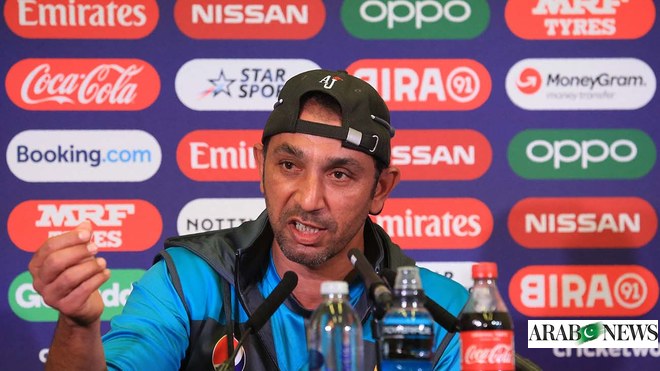Pakistan military backs new operation against ‘terrorists, anti-national anarchists and religious fanatics’
ISLAMABAD: Pakistan’s military said on Sunday that the newly announced “Operation Azm-e-Isteekam” will include action against not just militants but “anti-national anarchists and religious fanatics” as the South Asian country faces rising incidents of militant, political and religious violence.
Pakistan’s premier national security forum announced plans to launch the comprehensive Operation Azm-e-Istekam (Resolved for Stability) on Saturday after Prime Minister Shehbaz Sharif led a meeting of the country’s top civilian and military leaders to review security challenges. The announcement of the operation comes amid a surge in militant attacks and following a recent incident in which a tourist was lynched by a mob in the northwestern district of Swat for alleged blasphemy.
“We will take indiscriminate action against terrorists. We will not make any discrimination in dealing with terrorists, whether they are Punjabis, Balochis, Sindhis, Kashmiris, Gilgitis or Pashtuns,” the Pakistan army’s media wing said in a statement issued to reporters, referring to Pakistan’s different ethnic groups.
“Similarly, operations will be carried out against anti-national anarchists and religious fanatics irrespective of sect or religion. Incidents such as those in Sialkot and Swat will be dealt with severely,” the statement added, referring to recent incidents of mob lynchings for alleged blasphemy.
A tourist from the Pakistani city of Sialkot was dragged from a police station in Swat district, killed and set on fire on Thursday for allegedly burning a Quran, a common incident in Pakistan where even a mere allegation of blasphemy can spark mob violence.
“Any individuals or groups attempting to destabilize the country or enforce the law will be dealt with severely,” the military statement added, saying the supreme committee meeting was attended by all political parties in support of launching the new operation.
“Apart from the issue of terrorism, we all agreed that religious fanaticism was on the rise in urban areas and this also needed to be addressed.”

